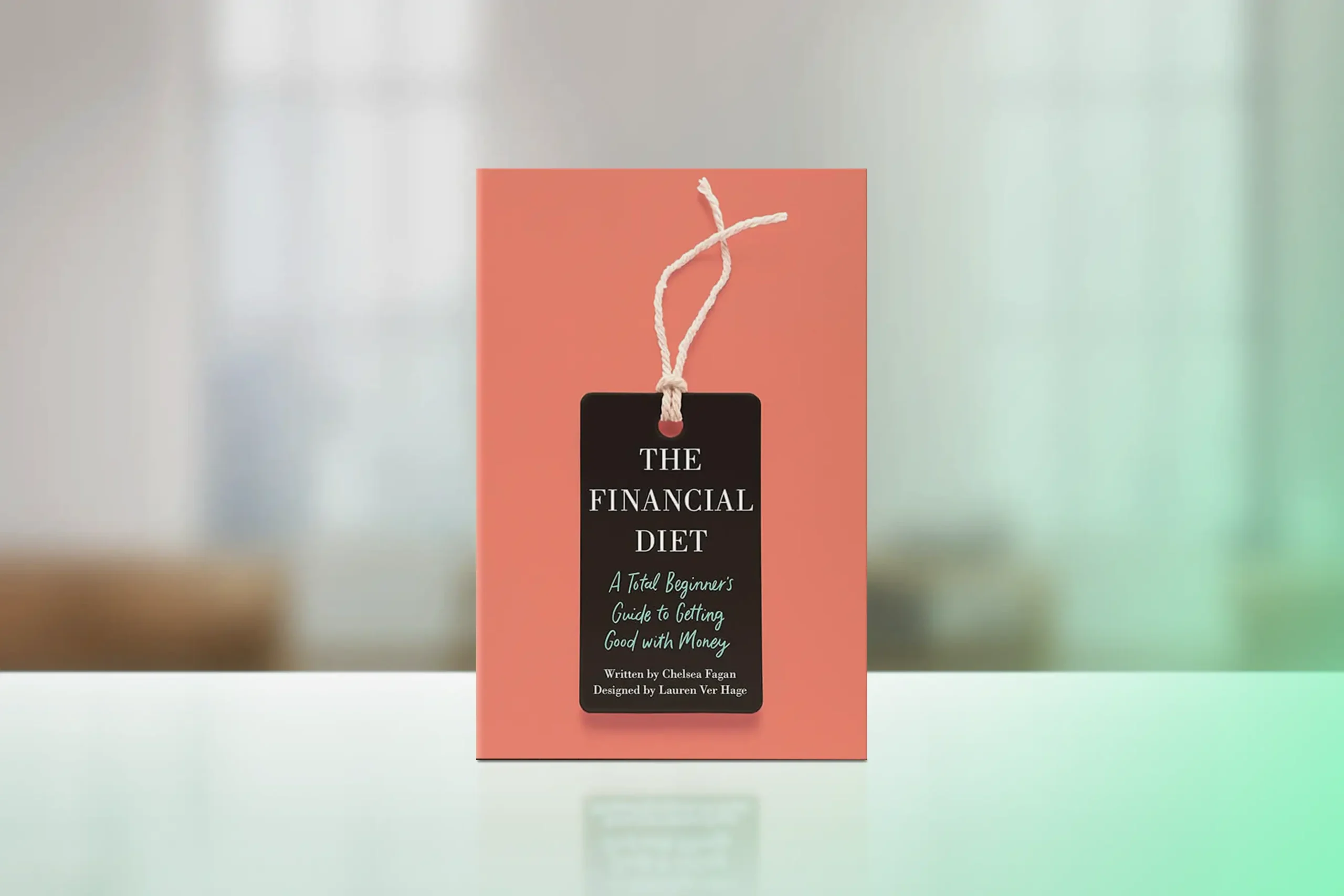“The Financial Diet,” published in 2018, is a refreshing and accessible approach to personal finance tailored for the millennial generation. Co-authors Chelsea Fagan and Lauren Ver Hage, founders of the popular website of the same name, offer a blend of practical advice, personal anecdotes, and expert insights that make the often-daunting world of money management feel approachable and even enjoyable. With its stylish design and conversational tone, this book serves as a comprehensive yet digestible guide for young adults navigating the complexities of budgeting, saving, investing, and building a healthy relationship with money.
Core Concepts
“The Financial Diet” presents several key principles that form the foundation of financial wellness:
- Budgeting basics: Creating and sticking to a realistic budget
- Mindful spending: Developing awareness of spending habits and making intentional choices
- Emergency savings: Building a financial safety net
- Debt management: Strategies for tackling and avoiding debt
- Investing fundamentals: Demystifying the world of investments for beginners
- Career development: Maximizing earning potential and negotiating skills
- Lifestyle design: Aligning financial choices with personal values and goals
These concepts empower readers to take control of their finances and build a solid foundation for long-term financial health.
Chapter-by-Chapter Review
Chapter 1: The Financial You
The book opens by encouraging self-reflection on one’s relationship with money and setting the stage for financial self-improvement.
Chapter 2: Get Your Financial Life Together
This chapter covers the basics of budgeting, saving, and organizing personal finances.
Chapter 3: Investing for the Rest of Us
Fagan and Ver Hage demystify investing, making it accessible for beginners with clear explanations and practical advice.
Chapter 4: Make More Money
This section focuses on career development, side hustles, and negotiating better pay.
Chapter 5: The Broke Girl’s Guide to Being Less Broke
Practical tips for cutting costs and living well on a budget are presented in this chapter.
Chapter 6: The Kitchen
The authors explore how cooking at home can significantly impact one’s financial health.
Chapter 7: Living the Good Life (For Less)
This chapter offers strategies for enjoying life while maintaining financial responsibility.
Key Strengths
- Relatable, conversational tone that resonates with younger readers
- Holistic approach that connects financial health with overall life satisfaction
- Practical, actionable advice for immediate implementation
- Attractive design and layout that make financial concepts more engaging
- Diverse perspectives from various financial experts and real people
Potential Drawbacks
- Some readers might find the advice too basic if they’re already financially savvy
- The focus on millennial experiences may not resonate with all age groups
- Limited depth on complex financial topics like retirement planning or tax strategies
Who This Book Is For
“The Financial Diet” is an invaluable resource for:
- Young adults just starting to manage their own finances
- Millennials looking to improve their financial habits and knowledge
- Anyone seeking a fresh, approachable take on personal finance
- Individuals who find traditional financial advice intimidating or boring
Final Review
“The Financial Diet” offers a breath of fresh air in the often stuffy world of personal finance literature. Fagan and Ver Hage have created a guide that feels like advice from a knowledgeable friend rather than a dry textbook, making financial wellness feel attainable and even exciting.
The book’s greatest strength lies in its ability to connect financial health with overall life satisfaction. By addressing topics like career development, cooking, and lifestyle design alongside traditional financial advice, the authors present a holistic view of what it means to be financially healthy.
While some readers might find certain sections too basic, the approachable style and practical tips make this an excellent starting point for those intimidated by financial management. The diverse voices and real-life examples throughout the book add depth and relatability to the advice given.
Rating: 4.4/5
A refreshing, comprehensive guide that empowers millennials to take control of their finances with practical advice, relatable anecdotes, and a dash of humor.
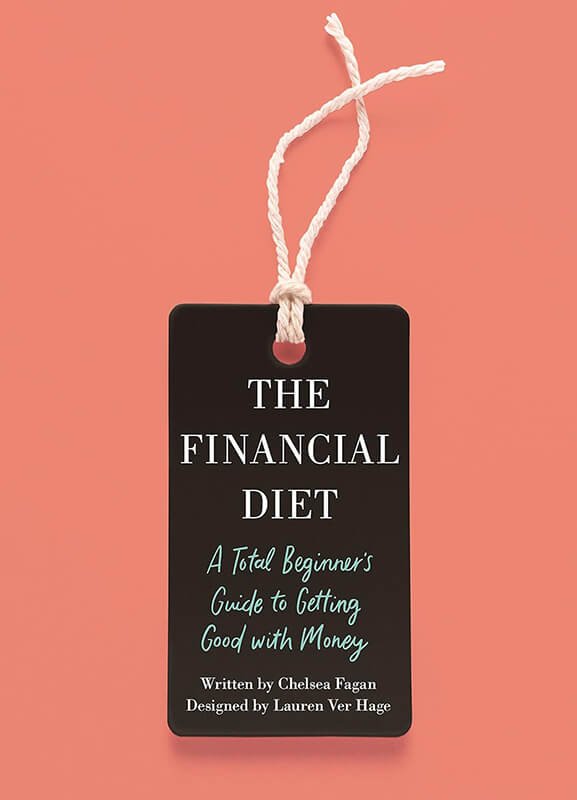
Alternative Books
If you are looking for other books like “The Financial Diet” , and want to explore more personal finance books, consider these related titles:
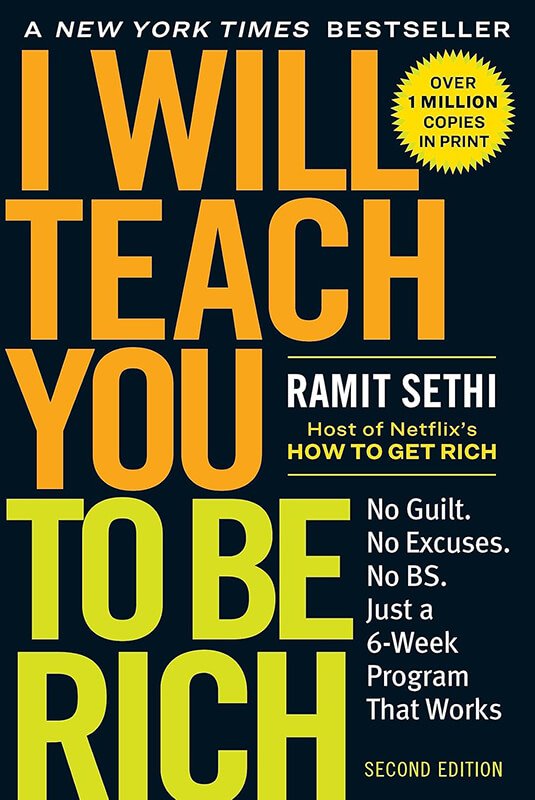
I Will Teach You to Be Rich by Ramit Sethi
Offers a bold, no-nonsense approach to personal finance for young adults.
Rating: 4.5/5
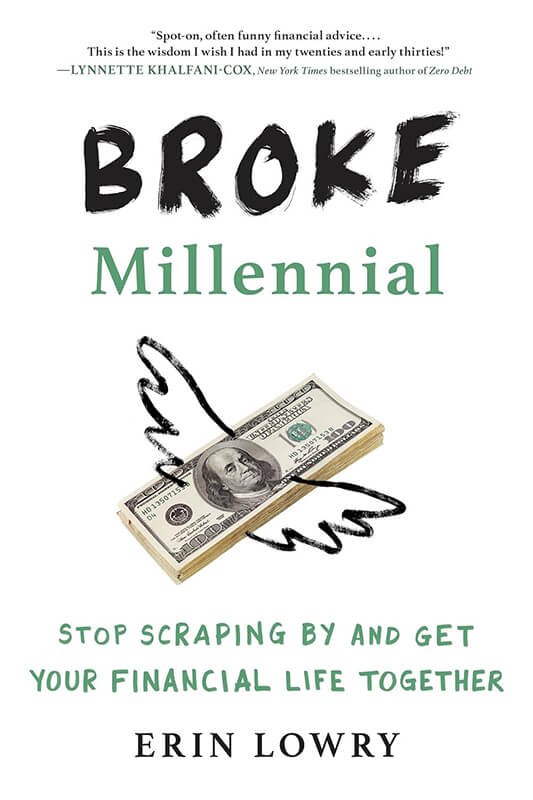
Broke Millennial by Erin Lowry
Provides practical financial advice tailored for the millennial generation.
Rating: 4.5/5
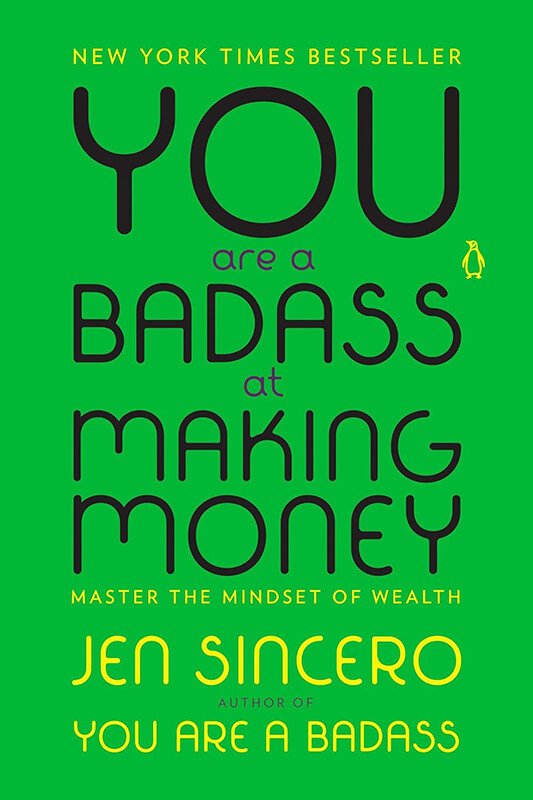
You Are a Badass at Making Money by Jen Sincero
Combines personal finance advice with a motivational approach to wealth creation.
Rating: 4.7/5

